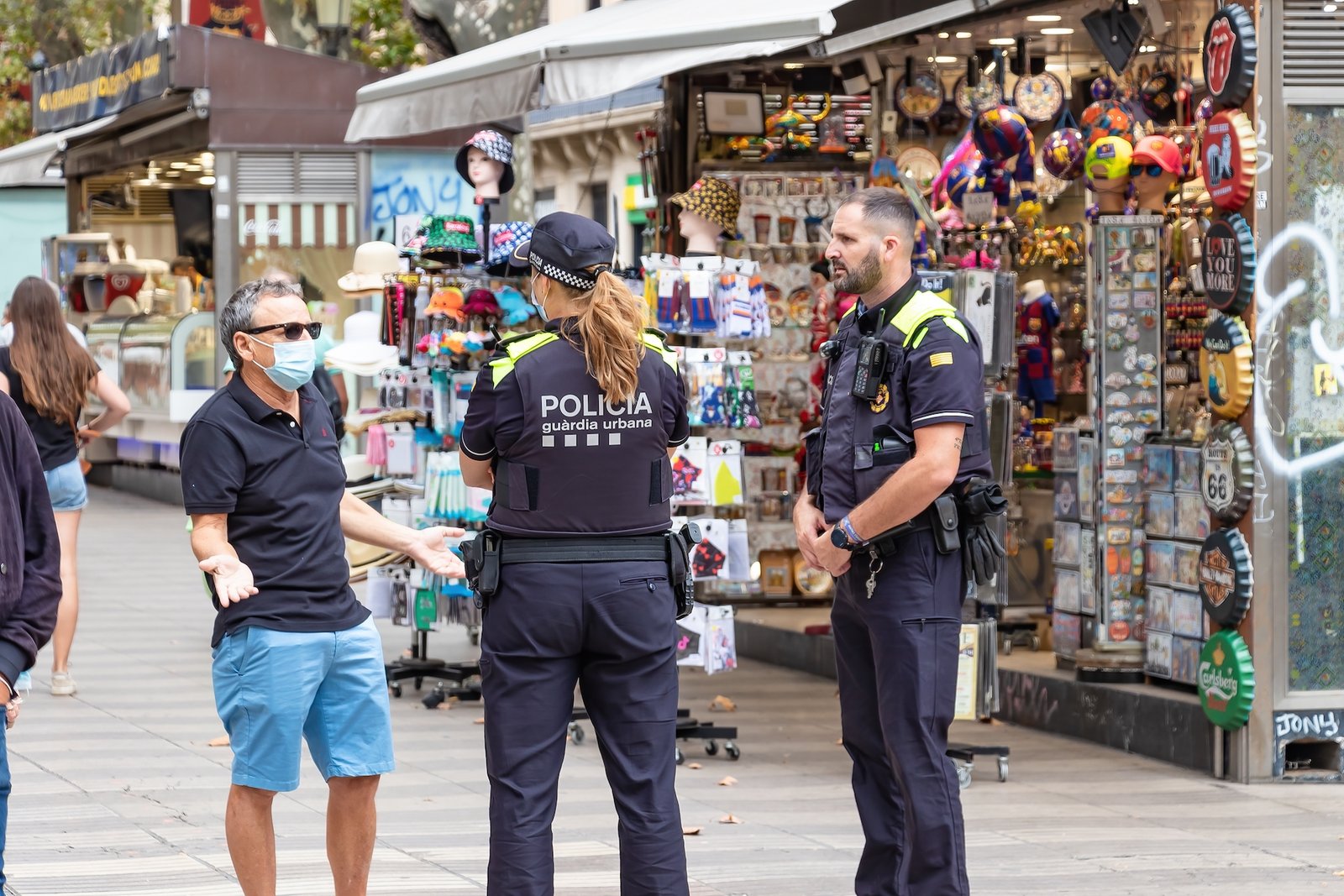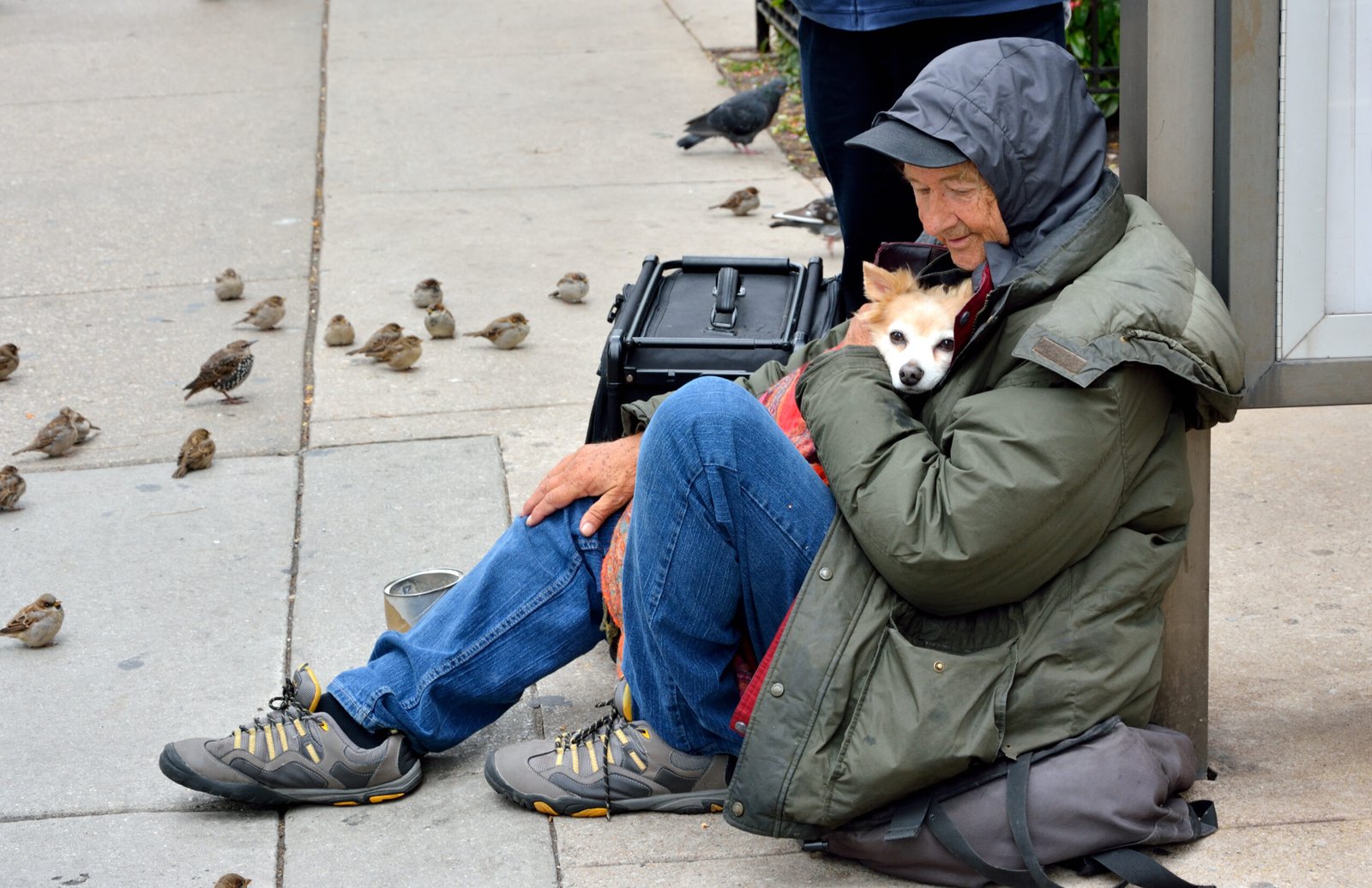We live in a society marred by systemic inequalities, where language acts as a subtle but potential indicator of privilege. Certain phrases reveal underlying biases and privileges. In the context of the US, where racial disparities persist, let us look at some phrases that white people use to demonstrate their privilege over other people. From remarks to expressions, each phrase offers a glimpse into the unearned advantages that white people have in their everyday lives.
“I worked hard to get where I am.”

This phrase implies that success is solely the result of individual effort and ignores the broader context of things. Other systematic barriers exist for people of color, like lack of access to quality education, biases in hiring and promotion, and generational wealth gaps. Such barriers make it harder for people of color to succeed, even with the right amount of hard work. The phrase is also wrong to suggest that people of color have not worked hard enough if they haven’t achieved success.
‘It is just a joke; don’t be so sensitive.”

The phrase indicates racist or insensitive comments, ethnicity, gender, or other sensitive issues used to dismiss someone’s feelings. It contributes to a hostile atmosphere for the individuals impacted by the joke, reducing the impact of their concerns. Since humor is subjective, reflect on the joke and use it carefully to acknowledge the other person’s feelings.
“All lives matter.”

It minimized the struggles of black individuals in response to the Black Lives Matter Movement and downplayed the focus on the challenges faced by them. This also suggests that the problem of discrimination and police brutality isn’t specific to black people but concerns people of every race.
“I am not privileged; I grew up poor.”

The phrase rejects the idea that they get any particular benefit from being white. This indicates that being white does not mean a life free of hardship.
However, it is important to remember the advantages given to white people that others do not have, regardless of their economic class.
“That’s just the way things are.”

This phrase suggests that the status quo is inevitable and privilege could be denied based on socioeconomic status. It discourages the possibility of challenging the system and also improving it.
“It is not racism; it is just a preference.”

This phrase disguises racist comments under the garb of personal preference. It reflects white privilege by shielding them from any accountability, minimizes racist comments, and ignores power dynamics by making decisions impactful. It reduces the harmful impact of biases contributing to discrimination in areas such as employment and relationships. One can advocate for equal treatment of races and ensure it is not rooted in stereotypes.
“I don’t need to worry about politics; it doesn’t affect me.”

The party in power hardly impacts the person’s community. Disengaging from political issues shows the privilege that the person enjoys. It also indicates that many communities’ political decisions directly affect their daily lives and safety, so they must be aware of what is happening in the system. Access to high-quality healthcare, equitable treatment by law enforcement, and education—all domains where racial inequities persist—can be determined by political decisions. Voting in elections and supporting organizations working for racial justice could be a way out of this mess.
“I am not responsible for what my ancestors did.”

This phrase separates individuals from the actions of their ancestors, dismissing any accountability and the ongoing effects of historical injustices and systematic racism. It overlooks the lingering effects of things like wealth distribution, educational opportunities, and criminal justice, which have lasting consequences for different people. This continues to shape present-day inequalities and privileges. One needs to acknowledge the legacy and work on reconciliation measures to avoid such measures in the future.
“I am not racist; I have black friends.”

This phrase is used as a shield to avoid taking responsibility for racist actions or attitudes toward marginalized groups. These friendships are seen as tokens based on an excuse to avoid racism rather than genuine connections. It goes beyond simply maintaining a varied social circle; it involves speaking out against racism and pushing for change.
“Why do you have to make everything about race?”

This phrase discusses racism and suggests that race is inconsequential or immaterial, although it profoundly affects people’s lives. It ignores the reality that race is deeply woven into the realms of society. It perpetuates silence, makes it harder to address such problems, and leaves people of color feeling unheard. One can engage in conversations about race with an open mindset and address systemic injustices.
“I don’t want to post about racism on social media because I’m scared of the backlash.”

Refusing to use your voice and platform this way is equivalent to “putting your comfort above all else” or even “above humanity.” Fear that your family may stop following you on Instagram for the comments you have posted. Not having to risk alienating yourself from others is a privilege. “Speaking out against the oppression of innocent people is less important than the drama or backlash you don’t want to face from potential racists.”


